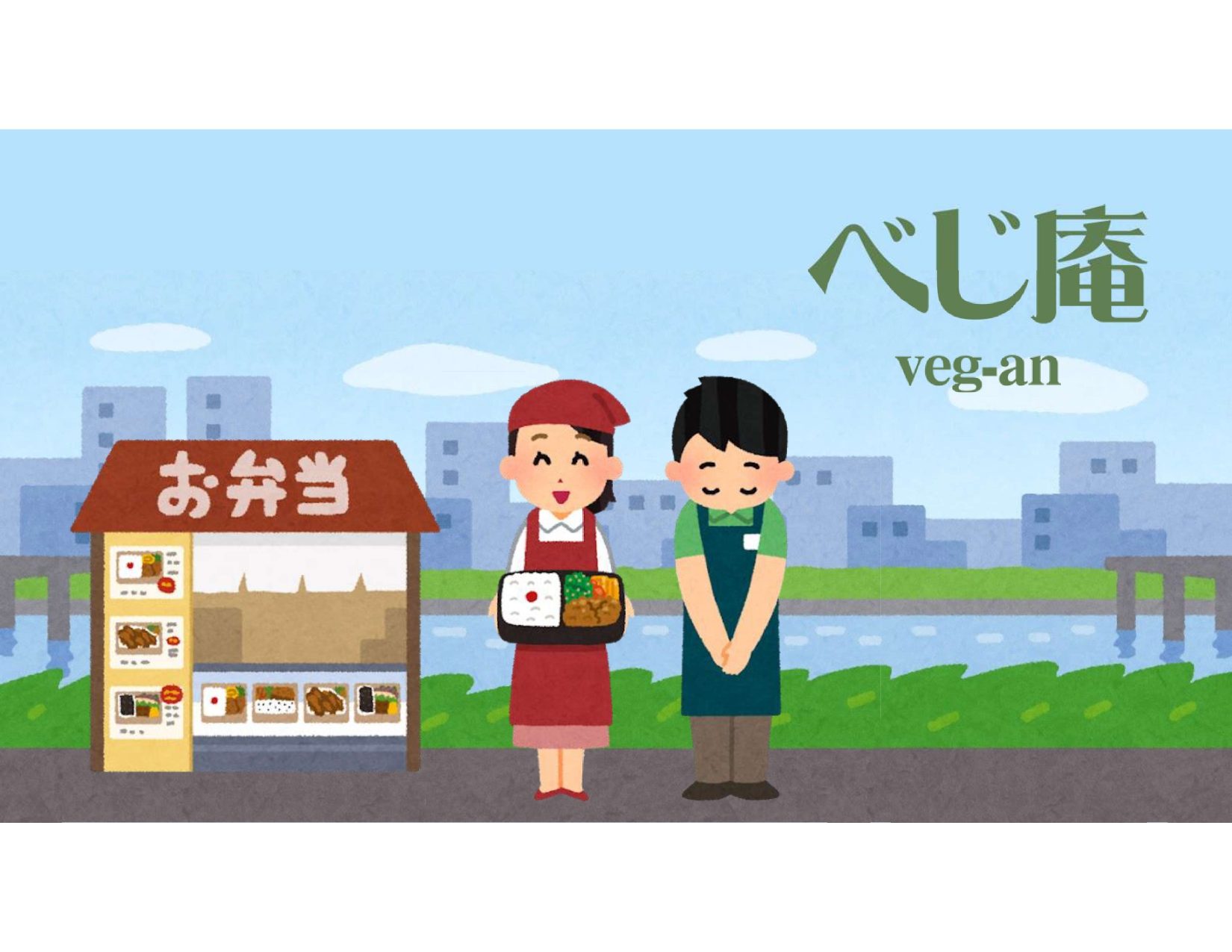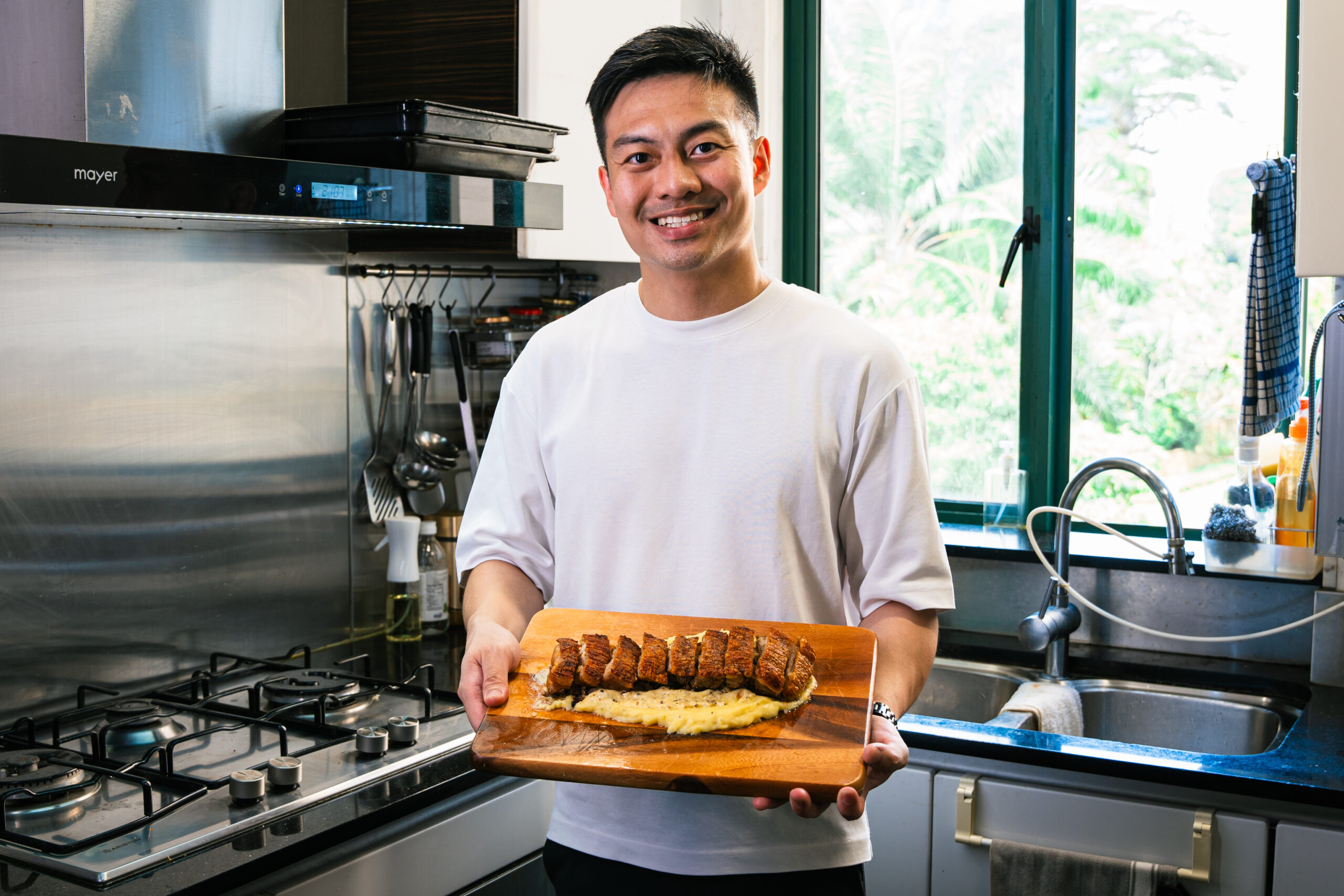Navigating the Rules and Regulations of a Successful Home-Based Food Business in Singapore

Guidelines for home-based food businesses in Singapore
Do you enjoy cooking or baking at home? Are you considering turning this hobby into a small-scale, home-based food business (HBFB)? If so, there are some guidelines you should follow.
The good news is that you do not need a license to run such a business in Singapore, whether you live in an HDB flat or a private residence. This is because the Singapore Food Agency (SFA) has assessed that the food safety risk associated with HBFBs is relatively low. However, do note that HBFBs are still subjected to the Environmental Public Health Act (EPHA) and the Sale of Food Act (SOFA) and are required to ensure that the food they sell is prepared in a manner that is safe for consumption.
Section 40 EPHA: Articles of food unfit for human consumption
- – (1) No person shall, without lawful excuse, have in his possession for sale by retail any article of food intended for human consumption which is unsound or unfit for human consumption.
Section 15 SOFA: Selling unsafe or unsuitable food
- – (1) A person must not sell food that the person knows or ought reasonably to know is unsafe.
(2) A person must not sell food that the person knows or ought reasonably to know is unsuitable.
(3) For the purposes of subsection (2), it is immaterial whether the food concerned is safe.
Previously known as the Home-Based Small Scale Business Scheme, the Home-Based Business Scheme is overseen by the Housing & Development Board (HDB) and Urban Redevelopment Authority (URA), which allows homeowners to operate small-scale businesses, such as home-based food businesses. This article will detail the guidelines you need to follow to operate a small-scale, home-based food business.
- Only the residents of the property can work in it
The home business must be operated only by registered occupants of a residence. Tenants are allowed to operate a HBFB if given consent by the owners to do so.
Friends and family may help in your business but you are not allowed to officially employ or pay a salary to non-registered occupants in your HBFB.
- No advertisements can be displayed at the premise
You are not allowed to display advertisements, signages or postered at the residential premises where your HBFB is operating. You are, however, allowed to promote your products on social media and online platforms, such as BlockChef.
- No industrial equipment allowed
You are not allowed to utilize heavy equipment or industrial appliances which were not intended for domestic use. This is because such equipment may not be designed for use for the power outlets at home, and may cause noise issues with the neighbours.
You are allowed to use anything that is safe for home use, even larger sized appliances, to prepare food in larger quantities, as long as you are able to use them safely and the food produced can be stored safely or is going to be delivered to customers within a short period of time.
- No large-scale storage or frequent loading/unloading of goods or use of residential premises as distribution centre
You are not allowed to store large quantities of food at home, only buy and store enough that can be used and sold before it goes bad.
- Comply with rules and regulations of other authorities
Make sure you are in compliance with requirements from other applicable agencies, for example:
Fire Safety and Shelter Department's (FSSD) Fire Safety Requirements
According to FSSD regulations, you must install the following:
- A 2KG AB Dry Chemical Powder Fire Extinguisher
- A single-station Smoke Detector
Singapore Food Agency Guidelines on Food Safety and Hygiene Practices
- Ensure all food preparation areas are clean and hygienic
- Do not keep any pets that can roam freely in the house
- Food cannot be sold to retail food establishments or at temporary fairs
- Do not offer catering services
- Do not prepare ready-to-eat raw fish for sale
- Practice good personal hygiene
- Use safe food ingredients
- Store, defrost and prepare food safely
- Keep your kitchen clean
Food safety is the absolute most important thing to be mindful of when operating a home-based food business. Remember, food poisoning can be fatal. For more food safety guidelines, please refer to this article.
For Foreigners on a Dependant’s Pass (DP)
Foreigners on a DP in Singapore can start a HBFB with the following steps:
- First, register a sole proprietorship, partnership or company with ACRA.
- Then, apply for a Letter of Consent from MOM
Cooking and baking are passions that can also become a meaningful source of income by starting a HBFB. It can also serve as a testbed for your culinary creations before you invest a substantial amount of money into a fully-licensed F&B outlet such as a restaurant, bakery or coffeeshop stall.
It is your responsibility to understand and maintain proper food safety and hygiene standards, because your customers are placing their trust in you. Let’s support each other to grow the home cook community in Singapore by doing our part, and ensuring the consumers can continue to trust us.







